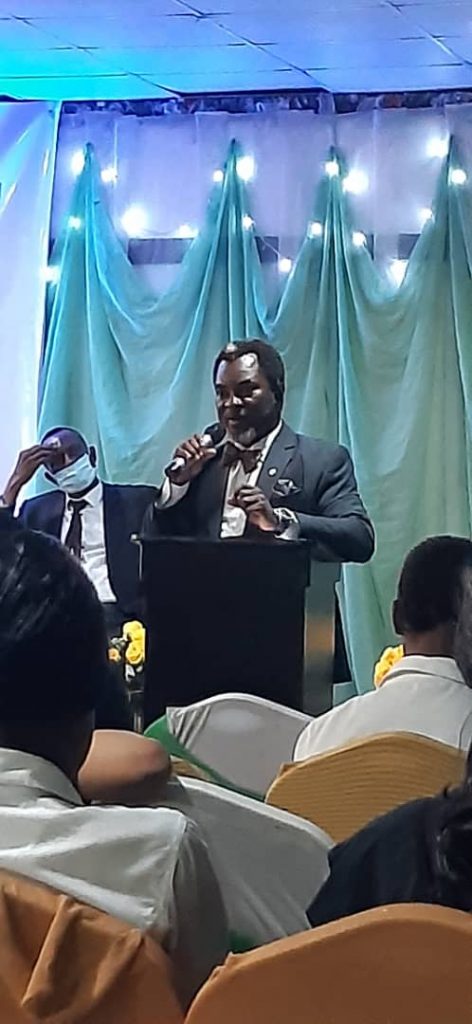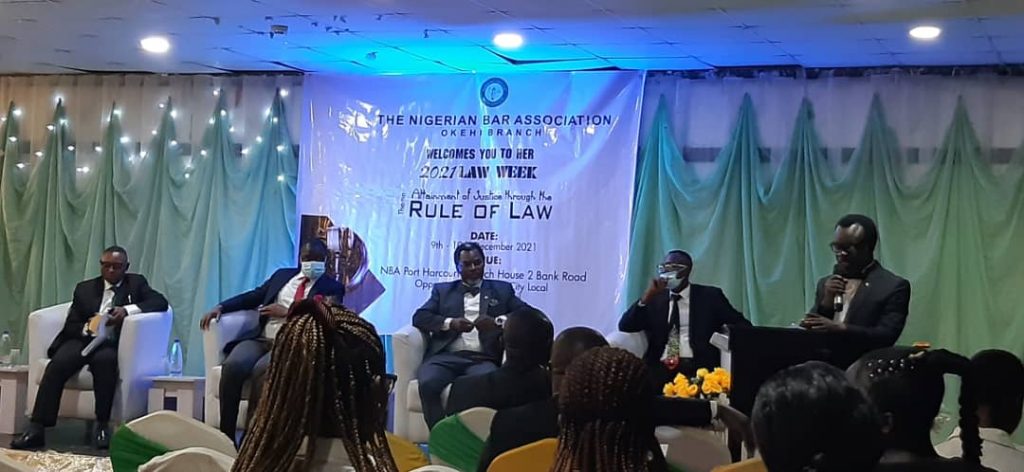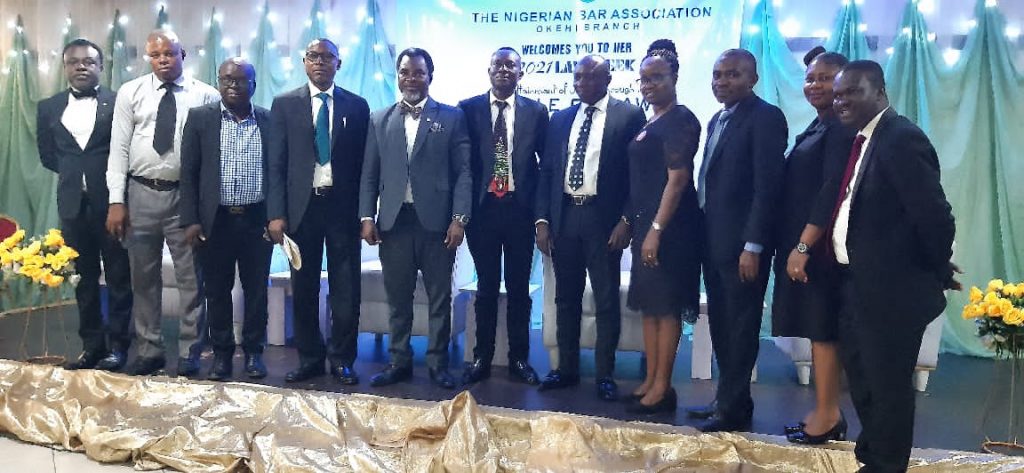
The Past NBA National Welfare Secretary in his presentation on the topic: Artificial Intelligence and the Justice Delivery System In Nigeria – Enhancing The Ease of Adjudication called on the Judiciary across the country to adopt technological innovations towards enhancement of the judicial system in Nigeria. According to him the analogue way of doing things is now archaic and no longer fashionable. He emphasized that, “the justice delivery system cannot be efficient without the application of modern technologies and with efficiency comes faster and less cumbersome justice delivery process.”
The healthy and encouraging competition amongst law report publishers to migrate to online/electronic platforms is very pleasing. In addition to previously existing electronic based law reporters like Lawpavilion and Legalpedia, other traditional law report publishers like Lawbreed (publishers of Supreme Court Judgements), NWLR, EJSC and others now have online law reporting platforms.
Highlight of the Paper
If we must ease the delay associated with the justice delivery system in Nigeria, we should consider the adoption of the following technological innovations (artificial intelligence):
- E – filing – All hierarchy of courts in Nigeria should embrace the system of e-filing of court papers. Ordinarily, other States judiciaries should be inspired by the good examples of Lagos and Rivers States respectively, that had adopted and practicing the e-filing system. However, it is rather sad that despite Lagos State being the pioneer innovator of the e-filing system in Nigeria, Lagos judiciary still struggling to have an acceptable working system as the e-filing system in Lagos marred by delay and complacency of the managers of the process, which often lead to undue long delay in filing of court processes. On the other hand, I must the Rivers State Judiciary for putting in place what has been generally reported to be an effective e-filing system.
- Electronic Service of Process – I am an advocate of electronic service of court processes. Thus, it is my recommendation that Rules of all courts of records should be reviewed to accommodate electronic service of court processes. It is a common practice across the globe including African countries like South Africa Ghana that court processes are being served via email or even through social media like Facebook and WhatsApp messages. It is important to state that the Chief Justice of Nigeria in 2018 announced a remarkable practice direction that all matters in the Supreme Court of Nigeria will henceforth be served via email. It is however regrettable that three years down the line, there is no full compliance with this novel system.
- Electronic Recording of Proceedings – The heads of judiciary across the country must take crucial and urgent steps towards procurement of verbatim recorders for the use of all courts. There is also the need to employ IT experts to manage the equipment. This much desired technological infrastructural investment is only achievable, if there is adequate fund available to the judiciary. Therefore, I enjoin the Federal and State Governments to adequately fund the judiciary and show commitment to entrenching judicial autonomy.
- Electronic Transfer of Records of Appeal – I propose that to ease the stress and delay, and eradicate the undue exploitation associated with the compilation and transfer of records of appeal, the Rules should be amended to allow for electronic compilation and transfer of records of appeal. The judiciary have to be pragmatic and proactive in order to effect this most needed radical innovation.
- Virtual Proceedings – That we must reduce the crowded court rooms and explore the system of virtual proceedings is incontestable. The COVID-19 Pandemic even though caused a devastating blow to the global economic and severely impacted the legal practice, however, had its own positive which is the introduction of virtual court proceedings. We must take a step further by making this a permanent feature in our justice delivery system and not an emergency experiment. The courts, counsel and even litigants should be able to decide when a case should be heard via virtual system.
See pictures at the event below:




